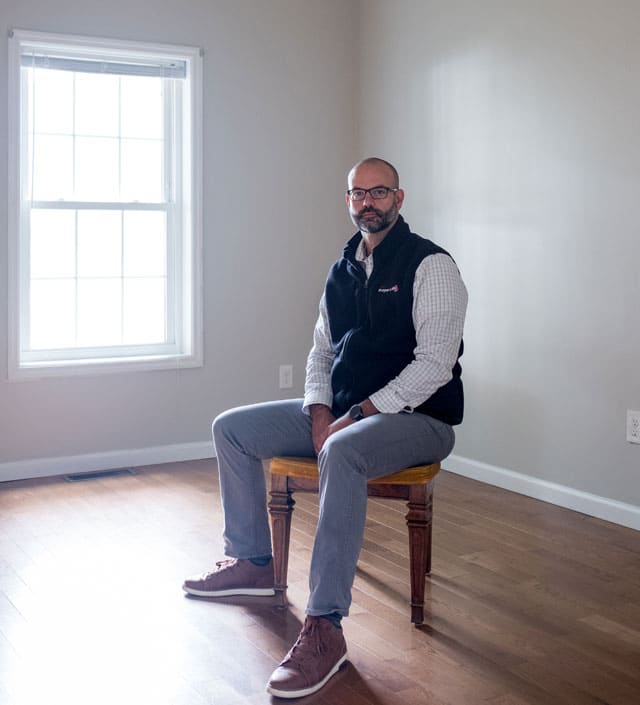With skyrocketing rents, landlords aren’t just taking more of your cash — they’re spending more of your time.
The typical full-time employee in the United States worked nearly 63 hours in October to pay an average rent of $2,040 — almost six hours more than in October 2019, before the pandemic, according to data from the listing company Zillow. In other words, about 36% of the average renter’s gross income is spent on housing.
“That is rent-burdened,” said Jeff Tucker, a senior economist at Zillow who focused his analysis on work hours to give renters a sense of what rising rents truly cost. (Generally, spending more than 30% of gross income on rent is considered unaffordable, according to the New York University Furman Center.)
The widening gap is the result of a frenzied housing market spurred by big-city workers relocating to relatively cheaper markets, as wage increases have struggled to keep pace, Tucker said. The average hourly wage has grown 23% over the past five years, according to Zillow’s analysis of Bureau of Labor Statistics data — but national rents have climbed almost 37% during the same period. (Zillow used a repeat-rent index, which compares price changes for individual apartments.)
Among the 50 largest U.S. metro areas, the markets where workers spent the most time covering the rent were in cities that surged in popularity during the pandemic, primarily in sunny California and Florida. The least affordable market was Miami, where the average full-time employee needed to work 96 hours a month — more than 2 1/2 weeks of work — to cover the average rent of $2,827 in October. That’s nearly 21 hours more than in October 2019, before rents soared by 50%.
The second most time-consuming market was Riverside, California, where it took 88.5 hours to pay an average rent of $2,584, followed by New York City (nearly 85 work hours to cover the average $3,212 rent), San Diego (84 hours for $3,105 rent) and Los Angeles (80 hours for $2,979 rent).
The least grueling cities to eke out a living were lower-paying metros primarily in the Midwest. The most affordable market was St. Louis, at just under 37 hours to cover the average $1,273 rent.
Only three metros became slightly more affordable over the past three years: San Francisco, San Jose and Boston — pricey markets where wage growth has more closely matched climbing rent.
Two big factors account for swelling prices: a national inventory shortage, and the migration of more affluent renters to less expensive markets, Tucker said. “You can rent and buy a place in Florida for what still seems like a bargain by New York standards,” he said. “That’s contributing to an affordability challenge, and it’s especially acute for the people whose jobs are tied to the local economy.”
c.2022 The New York Times Company. This article originally appeared in The New York Times.







